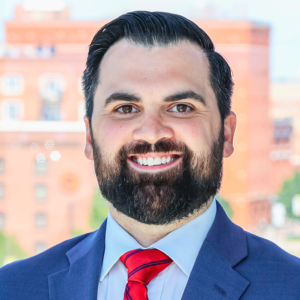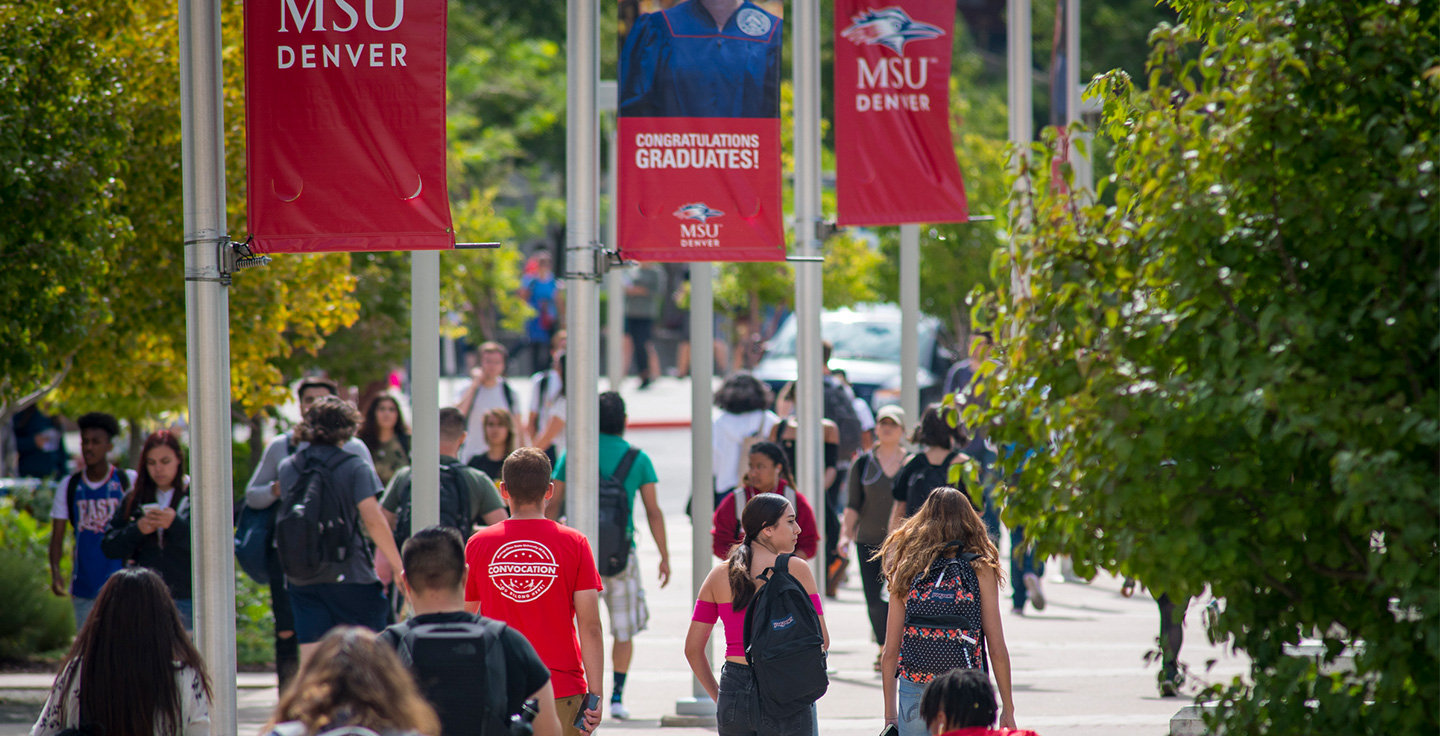Corporate and Foundation Relations
This handout is meant to guide you through the process of seeking foundation or corporate foundation support for your work. In many cases, we encourage you to contact a foundation directly to determine if your project aligns with its mission and strategy and to learn more about the process for requesting support.
The entire process – from initial contact to final decision by a foundation’s board of directors – takes six months to a year, on average. You are best advised to start the process very well in advance of the time the funding will be needed.
There are a handful of centrally managed corporations and foundations that should only be approached for funding through or with clearance from Corporate and Foundation Relations, at the request of either the funder’s leadership or the University’s. These are organizations that expect funding discussions to center on institutional priorities and that, in most cases, have explicitly asked that funding requests carry the endorsement of the President and be conveyed through the Advancement office. If you wish to seek funding from an organization on this list, please contact the CFR Team.
Are you seeking less than $15,000 for a program/project?
If you are seeking $15,000 or less in funding from a source that is not centrally managed, we encourage you to use the fundraising toolkit for support.
Are you seeking more than $15,000 for a program/project?
If you are seeking more than $15,000, please complete a Project Information Form and a member of the CFR team will contact you for support.
Getting Started
Philanthropic foundations, corporate foundations, and charitable organizations are committed to specific missions and agendas. For example, one foundation might be focused on improving STEM education in the U.S., another might be interested in decreasing educational inequality, and yet another may be investing in implementing sustainable healthcare solutions for rural communities. Increasingly, foundations are also committed to highly specific strategies for accomplishing those missions and even specific ways of measuring impact and progress – their social “return on investment”.
To begin identifying potential funders, you need to answer the following questions as specifically as possible:
- Need. What problem/need will your program/project address? Why is it important, and why is it important to address at this time?
- Approach. How will you address this problem/need? What methods, tools, and approaches will you take? What distinguishes your approach from others’ working in this area?
- Impact. What will be the outcome or impact of the project? Will it have an effect beyond MSU Denver/Denver/Colorado?
- Who will benefit from your work? What audience will you engage in your project?
- How will you define and evaluate the project’s success?
- Leadership. Who will design, lead, and manage the project? Who will staff the project? Will the project require multiple funders?
- How might you sustain the project after a foundation grant expires?
- How will the University or institutional resources contribute to the project? Are their connections between your project and the University’s or your particular school or unit’s strategic plan?
Use the Project Information Form to help guide you through this process and answer these questions.
Find Potential Funders
Having identified your project/research idea, you are ready to begin researching the companies and foundations that may have an interest in financially supporting it. If you do not have prospective funders in mind, consider using the tips below to determine which companies and foundations are supporting similar work in your field:
- Connect with colleagues, even those at other institutions
- Look at which organizations fund the professional associations to which you belong and if they have their own funding programs
- Look at who funds the work of groups pursuing similar or related work and which foundations/corporations are acknowledged in the most recent and relevant articles in your bibliography
- Review articles in research journals (funders are often acknowledged for their support)
- Note who is funding your partner organizations
- When attending events, note if funders are thanked for support
- Explore GuideStar
The CFR Team also can help identify funding opportunities using a completed Project Information Form.
Once you have identified a prospective funder, closely review what they previously have supported to determine how closely aligned their philanthropic interest is to your program/project and the range of its funding potential. This information can often be found on a foundation’s website, in its annual report, or in any of its other publications, including the foundation’s Form 990 tax return for the past few years, each of which includes information on funding recipients and amount.
These forms can be found through GuideStar
Write a Letter of Inquiry
Many funders require a letter of inquiry (LOI) as a first step in the proposal process. After reviewing the applicant’s LOI, the funder will decide whether or not they wish to request a full proposal. Review the specific guidelines to determine whether or not an LOI is requested/required.
An LOI should be brief and concise (2-3 pages), but a thorough presentation of the need or problem you have identified, the proposed solution, and your qualifications for implementing that solution. Similar to a full proposal, an LOI should include an introduction, the amount of funding requested, a statement of need and your proposed solution, a discussion of methodology/activities, a description of the organization and qualifications for undertaking this project, a list of other prospective funders for the project, and contact information for the prospective project director.
The Corporate and Foundation Relations Team can help in drafting an LOI or provide feedback on what you’ve written. If you would like our input, please do not hesitate to contact us.
Prepare a Proposal
A corporation or foundation may require the submission of a proposal as the first step in soliciting support or may invite you to submit a full proposal after responding favorably to your LOI.
Please contact CFR as soon as you have determined that you will be submitting a proposal or making a formal request for funding, especially if it is a Centrally Managed Organization.
Philanthropic support will almost always be administered through University Advancement/MSU Denver Foundation and proposals will need to comply with the approval and submission procedures of University Advancement and the CFR team. However, if there are formal research components to your proposed project/program, the proposal will need to comply with the approval and submission procedures of OSRP. As a steward of the University’s externally-funded research portfolio, OSRP is responsible for ensuring that all research proposals and projects adhere to the University’s academic and research policies and meet its obligations to external sponsors. The CFR Team and OSRP work together to ensure that proposals are coordinated, effective, and compliant.
Before writing the full proposal, carefully review the guidelines and deadlines for the foundation or corporations grant program. Should you have any questions about the requirements, please do not hesitate to contact the CFR Team for assistance.
The proposal will vary in length depending on the funder and will often be accompanied by various institutional documents. Unless a foundation requires you to use a specific format, the proposal will generally include: an executive summary, statement of need, description of the proposed project, organizational background and qualifications, budget, and evaluation.
Part of the proposal will likely be a budget. The budget is an important component of a proposal, as it represents a financial picture of the project. A well-crafted budget can add greatly to the grantmaker’s understanding of your project. Depending on the funder’s guidelines, the budget may be a simple one-page statement of projected expenses, or an entire spreadsheet, including projected support and revenue and a detailed narrative that explains various items of expense or revenue.
Once your proposal is written, we highly recommend that you request feedback from multiple sources, including colleagues and mentors.
If your request is over $15,000 and/or to a centrally managed funder he CFR team will help write the proposal and/or provide feedback on what you’ve written.
Foundations and corporations often require a variety of institutional documents in addition to the proposal and budget. In many cases, a cover letter from the President or senior university official will be required to accompany a proposal. We will draft and obtain signatures for these letters and can provide institutional documents that may also be requested.
Please contact the CFR Team for the following documents:
- W9
- 990
- IRS 501(c)3 letter
- Budget
- Current Financials
- Audited Financials
- Sources of Income
- Top Contributors
- Gifts in Kind
- Board List
- Equal Opportunity Statement
If your proposal is accepted and you receive a grant award, CFR will schedule a Grant Onboarding Meeting with you to discuss the grant agreement, schedule quarterly check-in meetings to discuss the progress of the program/project, and complete a Grant Report to the funder at the end of the funding period.
Downloadable Toolkit Forms
Contact the CFR Team

Zacary Tardiff
Executive Director, Corporate and Foundation Relations
[email protected] 303-605-7742




